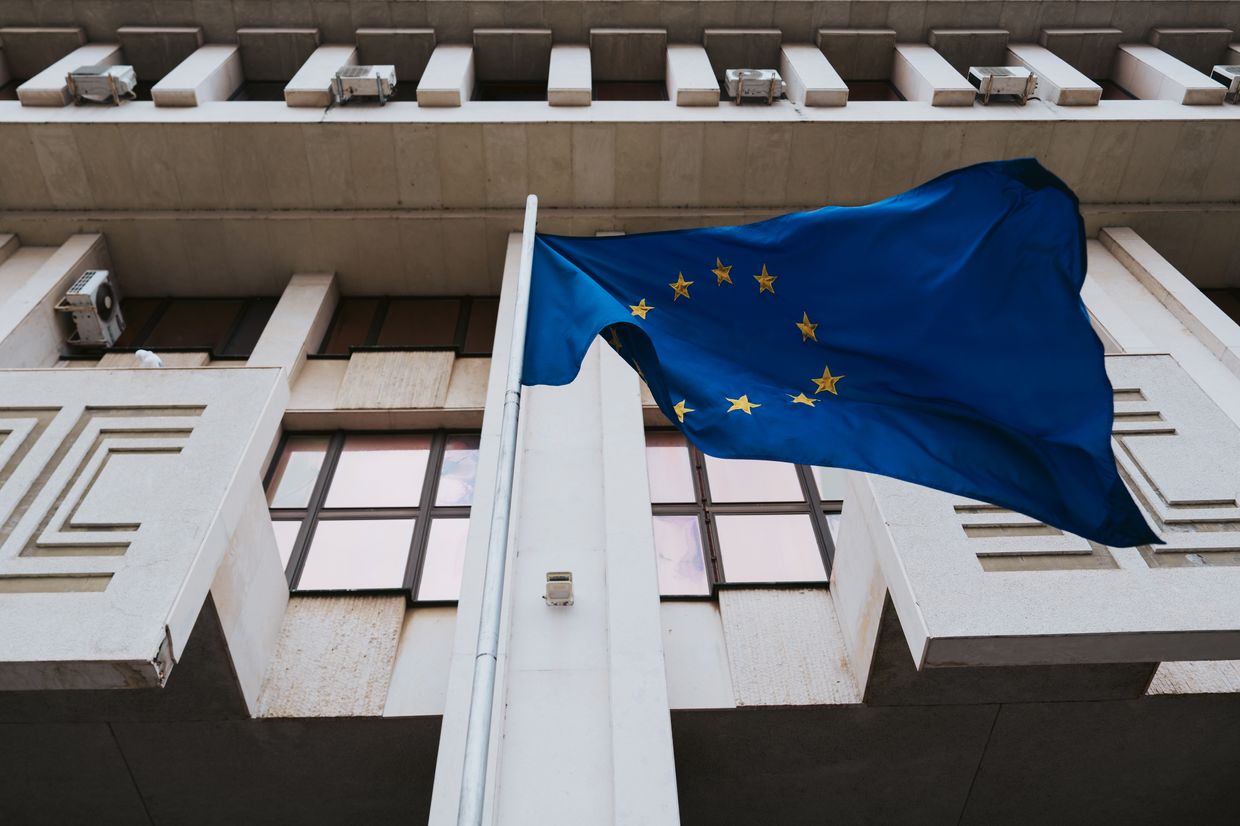US lifts Russian sanctions that hindered expansion of Hungarian nuclear power plant

Editor's note: The story was updated after the U.S. Department of the Treasury's Office of Foreign Assets Control (OFAC) published the Russia-related license on its website.
The U.S. government has allowed Russian banks to participate in the completion of the Paks Nuclear Power Plant in Hungary, according to a June 27 license issued by the U.S. Treasury Department's Office of Foreign Assets Control (OFAC).
According to the license, Gazprombank, Sberbank, VTB, VEB, Sovcombank, Otkritie Bank, Alfa Bank, Rosbank, as well as Zenit and Bank St. Petersburg, may participate until Dec. 19, 2025 in financial transactions related to the completion of the Paks plant.
The license also covers insurance companies associated with these banks and Russia's National Clearing Center.
Following the U.S. administration's move, Rosatom, the Russian state nuclear energy company, said that for the first time the U.S. had allowed payments for the Paks plant through sanctioned entities. The previous version of OFAC's license explicitly prohibited such transactions, even though there were no direct sanctions against Rosatom.
Previously, Hungarian Foreign Minister Peter Szijjarto said on June 29 that Washington had lifted sanctions that hindered the expansion of the Paks Nuclear Power Plant, where Russia's state-owned energy company Rosatom is to build two new reactors.
"Construction of the major pieces of equipment for the Paks nuclear plant is proceeding in Russia and France," Szijjarto said, as cited by Bloomberg.
"On-site in Paks, construction can now proceed at a faster pace."
The expansion project, which has endured significant delays, is led by Rosatom and will add to the four active reactors.
The anti-Russian sanctions were imposed by former U.S. President Joe Biden's administration. The U.S. has not reacted to Szijjarto's comments so far.
Since returning to the Oval Office in 2025, U.S. President Donald Trump has tried to push Russia and Ukraine into peace talks to end the war at all costs and has not yet imposed additional sanctions on Russia for its ongoing war against Ukraine.
Meanwhile, Russia has found loopholes to circumvent sanctions, such as using its shadow fleet or relying on other financial mechanisms.
Hungary's Energy Minister Csaba Lantos said in 2023 that he expects the Paks II to be finished in 2032.
Vladyslav Vlasiuk, the Ukrainian president's commissioner for sanctions, said the situation with the expansion of the nuclear plant is "much more complicated." He accused the Hungarian foreign minister of "manipulation."
Vlasiuk explained in a Facebook post that Paks faces a sanctions exemption from the EU. The U.S. has not lifted the sanctions, though there is a new licence that offers the possibility of conducting transactions related to civilian nuclear energy that began prior to November 2024.













